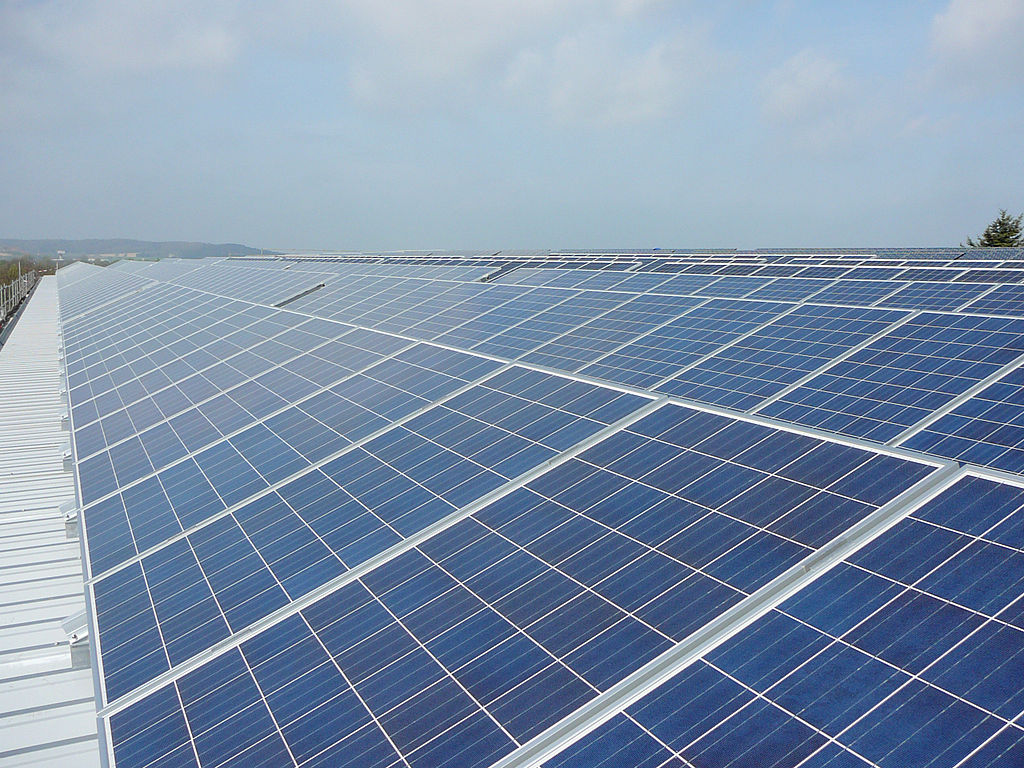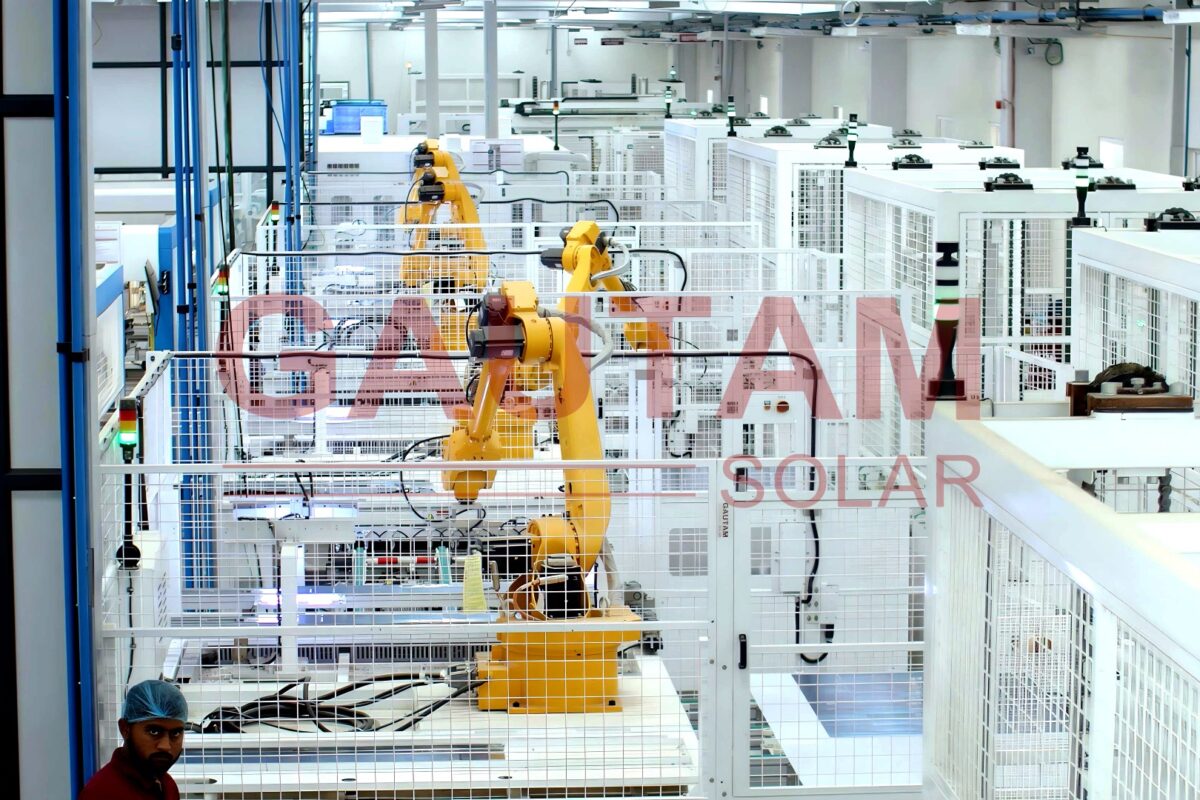The association has filed a petition against the rise in tax on solar power equipment under the new regime.
While petitioning, AISIA General Secretary, Gyanesh Chaudhary mentioned in a letter to the Indian Revenue Secretary, Hasmukh Adhia, that the GST has led to a 10-12% rise in the overall cost of solar projects, which has resulted in higher power costs, the Indian Express reports.
GST rates for all balance of systems, modules and procurement set by the government vary; the lowest rate, 5%, applies to solar power generating systems.
According to AISIA, rather than recognizing them as a part of solar power generating system, individual items of equipment are also charged GST.
Solar modules used to be exempt from all duties in the pre-GST regime, however since July 1, 2017, they are taxed at 5%.
Previously, balance of systems equipment like inverters, cables and transformers were charged a 2% central sales tax, while excise duty was exempt, but, post-GST, they are charged 5-8%. The tax on services and civil work has similarly risen to 18%, from 15% and 6%, respectively.
“Currently, the power developers cannot avail the benefit of GST for the electricity produced leading to a detrimental effect towards achieving the 100 GW target of National Solar Mission,” Chaudhary wrote.
The association has urged the government to remove the ambiguity and suggested to re-introduce the MNRE-certification or self-certification supported by an undertaking. Moreover, there should be no GST on equipment, which is part and parcel of the solar generating system.
This content is protected by copyright and may not be reused. If you want to cooperate with us and would like to reuse some of our content, please contact: editors@pv-magazine.com.








By submitting this form you agree to pv magazine using your data for the purposes of publishing your comment.
Your personal data will only be disclosed or otherwise transmitted to third parties for the purposes of spam filtering or if this is necessary for technical maintenance of the website. Any other transfer to third parties will not take place unless this is justified on the basis of applicable data protection regulations or if pv magazine is legally obliged to do so.
You may revoke this consent at any time with effect for the future, in which case your personal data will be deleted immediately. Otherwise, your data will be deleted if pv magazine has processed your request or the purpose of data storage is fulfilled.
Further information on data privacy can be found in our Data Protection Policy.